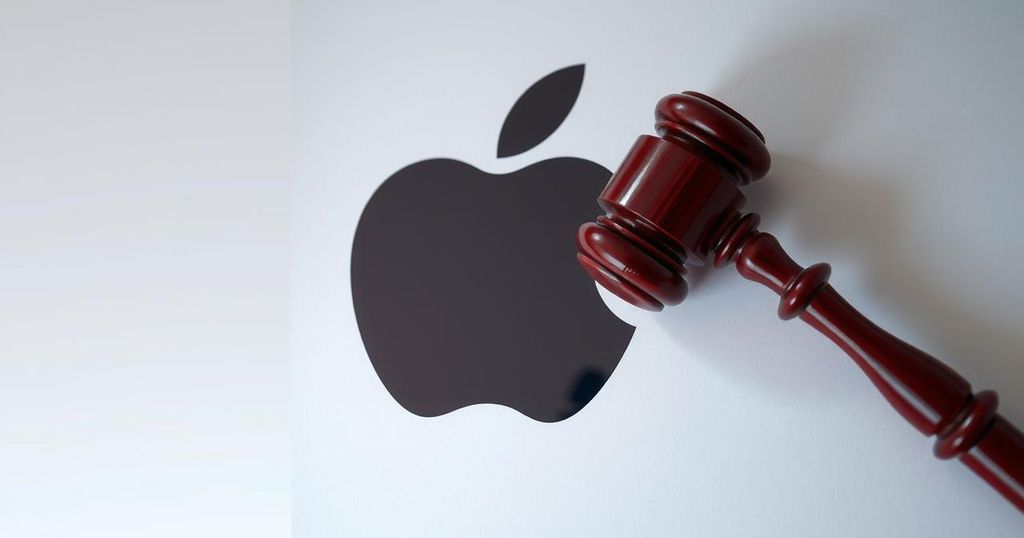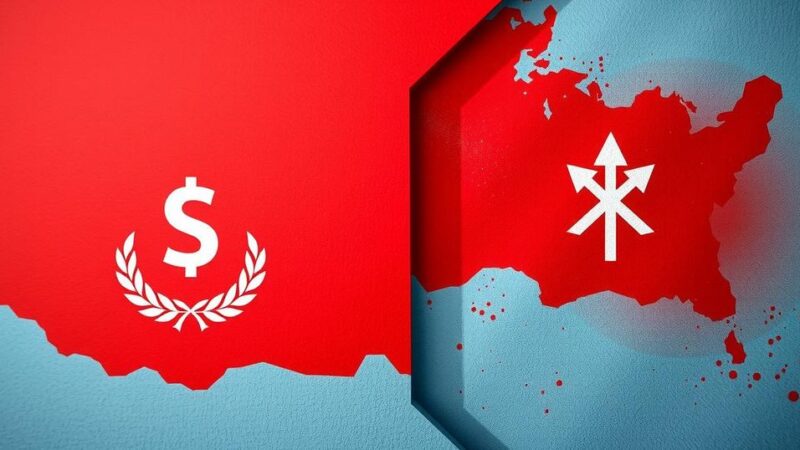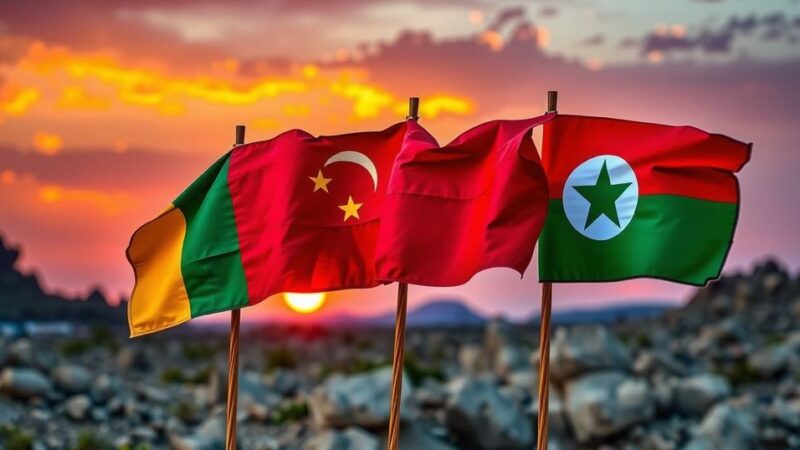The Democratic Republic of Congo has filed a lawsuit against Apple, alleging the company utilizes minerals from illegal mining operations tied to armed groups involved in human rights violations. The case targets Apple’s subsidiaries in France and Belgium, asserting they smuggled Congolese minerals through Rwanda while promoting misleading practices about their supply chains. Critics remain skeptical of Apple’s claims of ethical sourcing as the lawsuit seeks to increase accountability in the mineral trade associated with continual conflict in the DRC.
The Democratic Republic of Congo (DRC) has initiated a legal proceeding against Apple, accusing the company of utilizing minerals sourced from illegal mining operations within the country. The lawsuit primarily targets the so-called 3T minerals—tin, tantalum, tungsten—and gold. Allegations suggest that mines are often controlled by armed groups involved in heinous crimes against residents, highlighting the dire consequences of the mineral trade in the region.
In its complaint, the DRC claims that Apple’s subsidiaries in France and Belgium have engaged in smuggling Congolese raw materials through Rwanda. The lawsuit accuses Apple of “laundering minerals from conflict zones” and employing misleading practices to promote the purity of its supply chains. The intention of this legal action is to hold accountable those exploiting the DRC’s natural resources in connection with ongoing human rights violations, as emphasized by Belgian lawyer Christophe Marchand, who stated that the objective is to inform consumers of contamination by international crimes.
In defense of its practices, Apple issued a comprehensive statement asserting that it fiercely disputes the allegations. The tech giant maintains that it enforces rigorous standards among its suppliers and had previously notified them about the need to suspend sourcing from conflict zones. Apple claims that its suppliers undergo audits, ensuring no financing of armed groups within the DRC, as indicated in its 2023 Conflict Minerals Report.
However, skepticism remains among non-governmental organizations (NGOs) regarding Apple’s control measures. Reports indicate that illegal routes are utilized for exporting gold mined in the DRC. Emmanuel Umpula, the executive director of African Natural Resources Watch, cites evidence of the complicity of Rwandan and Ugandan traders in this illicit trade. Umpula further argues that the illegal extraction of resources exacerbates regional conflicts, creating a predatory system where some factions thrive on continued turmoil.
While Apple touts its increased usage of recycled materials, including 100% cobalt in its iPhone 16 batteries, local activists express hope that the DRC’s lawsuit might prompt multinational corporations to more thoroughly evaluate their supply chains. As the case progresses, the legal systems in France and Belgium hold the potential to establish precedents for corporate accountability. Meanwhile, a federal court in the United States previously dismissed a similar case against major tech firms regarding child labor in cobalt mines, emphasizing the complexities of such legal battles.
The DRC’s case highlights the urgent need for companies to acknowledge and rectify their roles in global supply chains that interface with conflict and human rights abuses, signifying a critical juncture in the intersection of technology, ethics, and international law.
The Democratic Republic of Congo (DRC) is rich in natural resources, particularly minerals like tin, tantalum, tungsten, and gold, collectively referred to as 3T minerals. However, much of this mining is illegal, often controlled by armed groups that exploit local populations and contribute to ongoing conflicts. This situation has led to significant international concern regarding the sourcing practices of global corporations dependent on these minerals. The DRC’s legal action against Apple marks a significant attempt to hold multinational companies accountable for the human rights implications of their supply chains and for sourcing from conflict zones.
In conclusion, the lawsuit initiated by the Democratic Republic of Congo against Apple underscores the pressing issue of corporate responsibility within the context of global supply chains. As the DRC strives for accountability and justice amidst rampant human rights abuses linked to illegal mining, the outcome of this legal challenge could set a critical precedent for the accountability of multinational corporations in their resource sourcing practices. Apple, while defending its standards, faces scrutiny in light of continuing concerns raised by NGOs regarding the actual impact of its sourcing policies.
Original Source: eastleighvoice.co.ke






